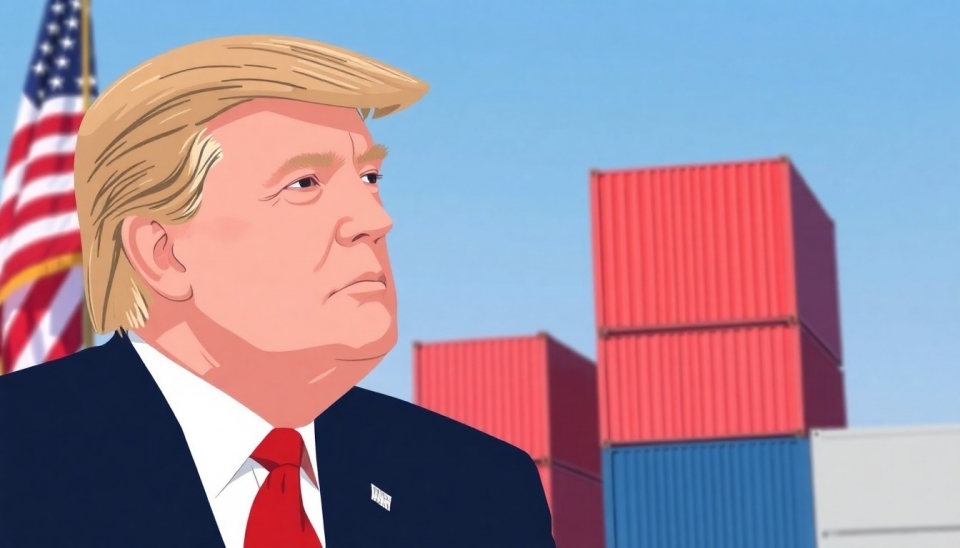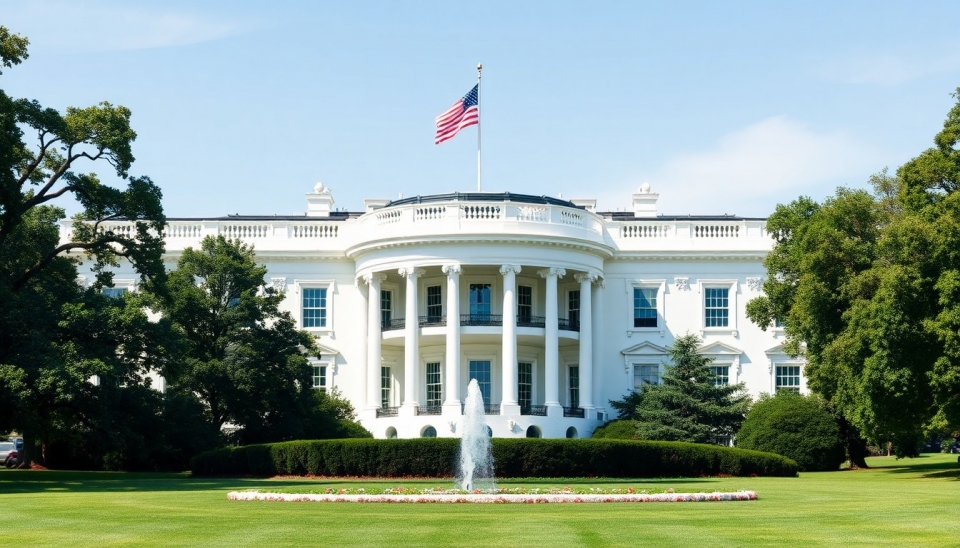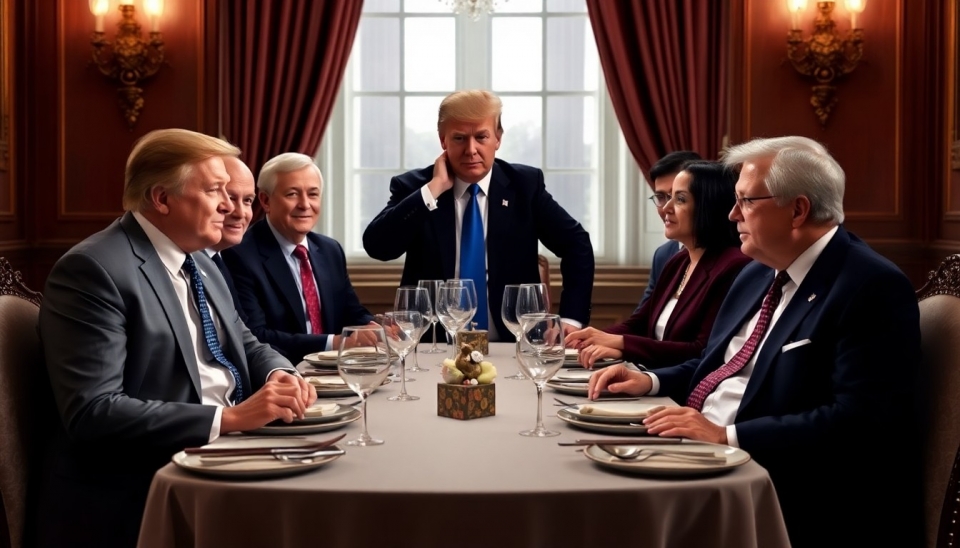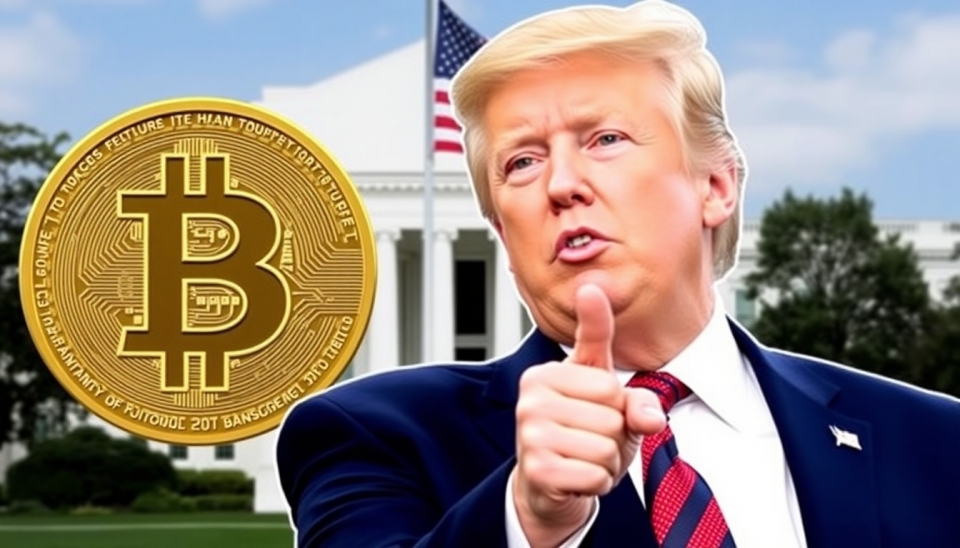
Former President Donald Trump has set his sights on the de minimis tariff exemption, a provision that allows goods valued below a certain threshold to enter the United States without incurring tariffs. This strategic focus comes as a surprise to many, particularly with its possible impacts on e-commerce giants like Shein and Temu, which have flourished in recent years thanks to this loophole.
The de minimis rule currently permits imports valued at $800 or less to bypass tariffs, facilitating significant savings for online retailers and their customers. This provision has been a boon for fast fashion companies, especially those like Shein and Temu, which thrive on lower price points. The exemption has allowed them to ship millions of packages to American consumers without the burden of tariffs that could drastically increase costs.
Trump's renewed focus on this aspect of trade policy signals a potential shift in his administration's approach to international commerce, spotlighting concerns over trade imbalances and the influx of goods from foreign manufacturers. As an arch-critic of these practices, Trump has been vocal about his desire to revamp trade regulations to favor American industries.
By targeting the de minimis exemption, Trump aims to impact how these retailers operate. Concerns are mounting among pundits and lawmakers alike regarding the rapid rise of these foreign companies, which some believe could compromise local businesses and labor markets. If the threshold for tariff exemption is lowered or altered significantly, the implications could ripple throughout the e-commerce landscape.
In a broader context, this could alter the competitive dynamics between domestic businesses and foreign entrants in the online retail sector. Advocates for reform argue that the de minimis provision has outlived its utility and needs to be tightened to protect American jobs and economic interests.
As debates surrounding this tariff exemption heat up, it remains to be seen how actual policy changes might unfold and what timeline, if any, they will adhere to. The outcome could reshape the e-commerce rules and potentially dampen the rapid growth of key players in the space.
Industry stakeholders and consumers alike are watching closely, aware that changes in tariff exemptions will inevitably affect pricing, availability, and shipping practices for global e-commerce goods. The stakes are high, and the coming months may unveil how this controversial policy will evolve under political scrutiny.
#Trump #Tariffs #DeMinimis #Ecommerce #Shein #Temu #TradePolicy #ImportTax
Author: Liam Carter




